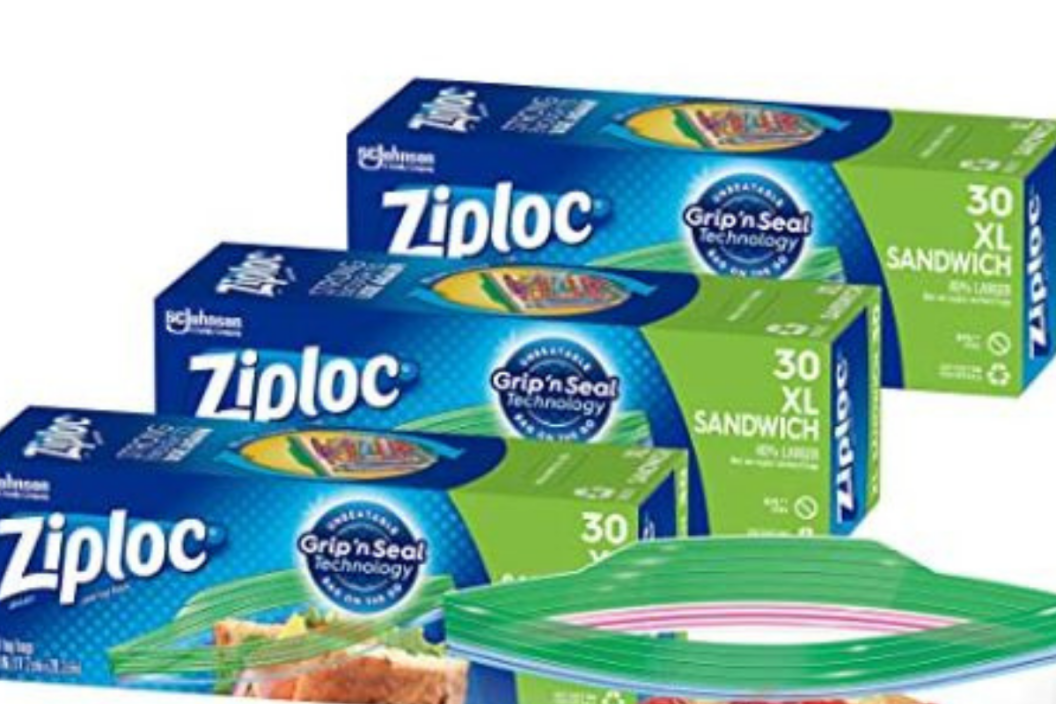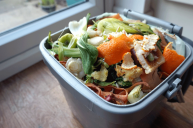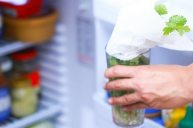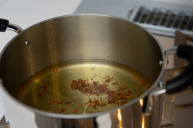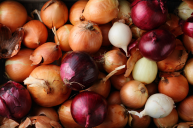Those little zip-top plastic bags you have floating around your kitchen are useful for so many different things, but you can go through a box pretty quickly if you only use a bag once. Fortunately, you can reuse them, saving you a little bit of money and maybe even helping save the environment with your reusable bags.
Videos by Wide Open Country
Yes, part of the argument for using Ziploc bags is convenience — use it and throw it away. But if you go through a box every couple of weeks, or even every month, at an average cost of $5-7 a box, you could save quite a bit of money over a year's time by not needing to buy as many boxes to fill up your shopping bags.
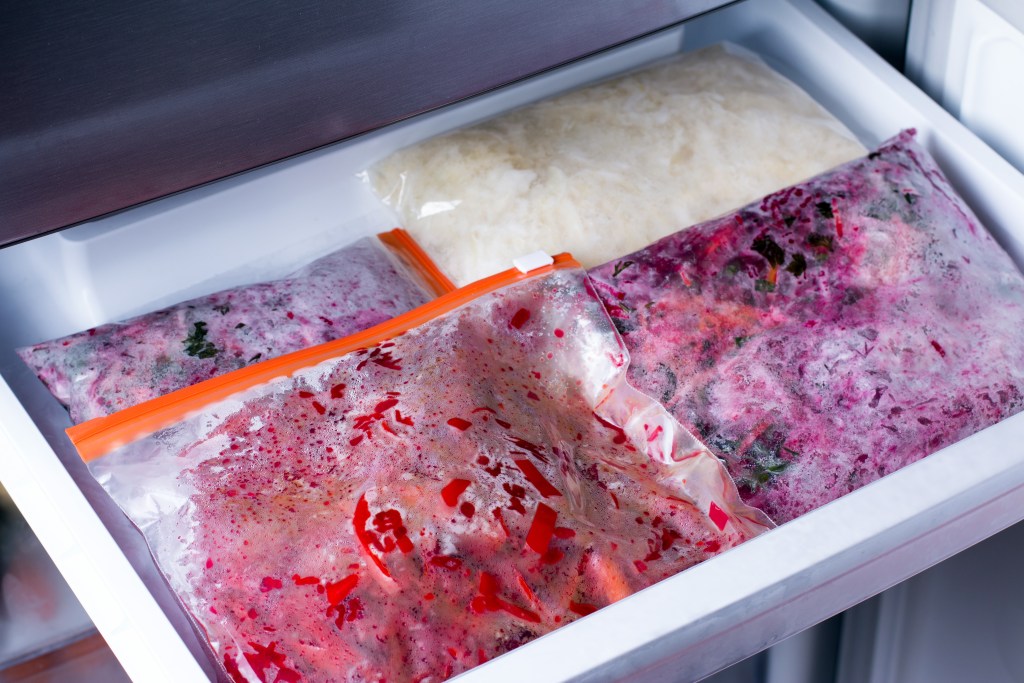
And putting less plastic waste in landfills (or rivers and oceans) is a good thing. Plastic Ziploc bags are made from polyethylene, which is derived from natural gas. Polyethylene doesn't biodegrade like paper or food scraps, meaning its basic chemical structure doesn't decompose. It does break down, but only into tiny pieces of plastic that get into our water and are eaten by animals.
Washing plastic bags out does take water, but there are ways to be more eco-friendly and limit the amount of water you need. And in the end, washing Ziploc bags out is a net win for the environment. Mother Jones talked to Darby Hoover, who is a senior resource specialist at the Natural Resources Defense Council. Hoover notes that reusing bags means not having to make new ones, which saves on raw materials, landfill space for the discarded bags, and transportation needs.
"When plastic bags are reused, fewer plastic bags need to be produced. The production of plastic bags uses energy, water, and in most cases a non-renewable resource (fossil fuel-derived); reusing bags, even when you use water to wash them out, saves resources overall," said Hoover.
You can, of course, reuse plastic grocery bags/plastic shopping bags and reuse plastic bags you use for other purposes. But specifically, there is a right way to reuse your Ziploc bags. Here is the best way to wash and dry plastic bags before picking up more at the grocery store and one time you should never reuse a bag.
Choose Your Bag Wisely
The best bags to wash and reuse are the heavy-duty freezer bags. Because they are thicker, they will hold up better to washing wear and tear and constant reuse and are therefore more recyclable. Sandwich bags and the small snack size bags might not hold up as well to multiple uses since they tend to be thinner and won't be great to find a repurpose use for either.
Pick the Right Cleaning Strategy
Not all plastic storage bags need to be washed with water. For example, if I have individually wrapped items (say, a half loaf of bread) stored in a freezer bag for extra protection from freezer burn, that bag doesn't need to be washed before reuse. Ditto for something that mostly crumbs (for example, leftover waffles). In that case, just shake out the bag and reuse it.
For food that results in messy bags (frozen fruit or vegetables), turn the bags inside out and wash with warm or cool soapy water. Don't use hot water, because heat causes the plastic to melt and that's not helpful to bag reuse. You can save water by tossing several bags into a sink with other dishes, too.
You can wash plastic bags in the dishwasher, in the top rack weighted down by other dishes, but they won't last as long because of the heated water.
Dry the Plastic Bags Completely
If you're not reusing the bag immediately, the last thing you want to do is fold a damp bag up and stuff it in a dark drawer or container. That's the perfect environment for mold and mildew to grow and you might as well just toss it in the trash can.
Air dry your bags on a drying rack or clothesline, or try this cool hack from The Yummy Life. Fill a quart mason jar with aquarium gravel (or glass beads or coffee beans or rice or similar items) and stick barbecue skewers upright in the mouth of the jar. Hang the bags over the skewers and go about your business while the bags dry. You can also use wooden spoons instead of skewers.
One Bag You Should Never Reuse
Never under any circumstances should you reuse a bag that has stored raw meat, poultry, or fish. If you store chicken in the freezer and thaw it in the plastic bag, toss the bag. If you marinate flank steak in a plastic bag, toss the bag.
Even if you washed the bag in the dishwasher, you would have to rinse it first so that raw meat juice didn't get on everything in your dishwasher and that risks spreading bacteria all around your kitchen. This is one place where convenience and food safety meet in perfect harmony.
Storing Washed Bags
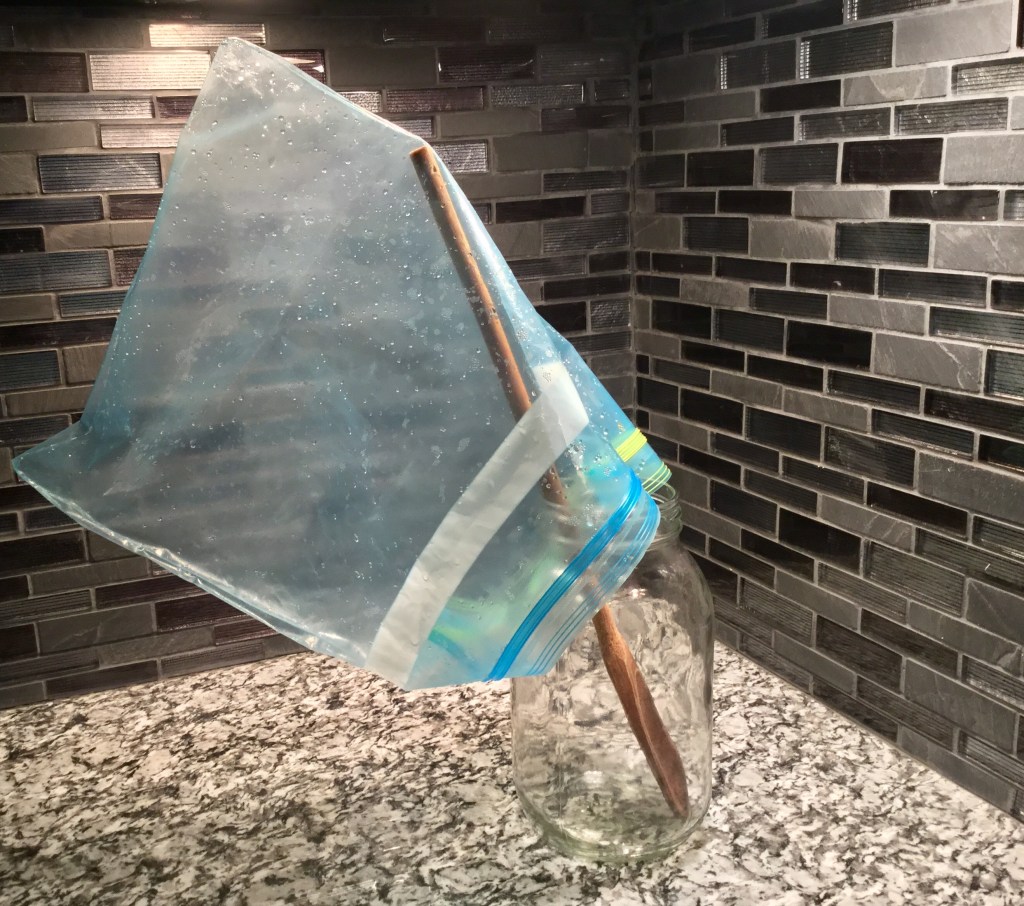
Sarah Ramsey
The Yummy Life also has a great hack for storing washed bags. Once the bags are completely dry, roll them up and insert the roll into a cardboard tube (like from a paper towels). Write what size bag is in the tube on the outside and store laying flat in a drawer or upright in a wide-mouth container.
Your plastic bags will eventually wear out; check to see if your community offers recycling for plastic zip bags, too. There might be a drop-off closer than you think.
There are lots of creative ways to diminish your use of single-use plastic. You don't have to stop at reusable shopping bags or just using old plastic bags for things like use as a pet waste bag or to wrap up fragile items like a flowerpot during a move. Your grocery totes are great, but there are also surprising ways to recycle items like zip-top bags that aren't necessarily billed as being reusable.
Get your kids involved, and make it a great project they can learn something from, too!
